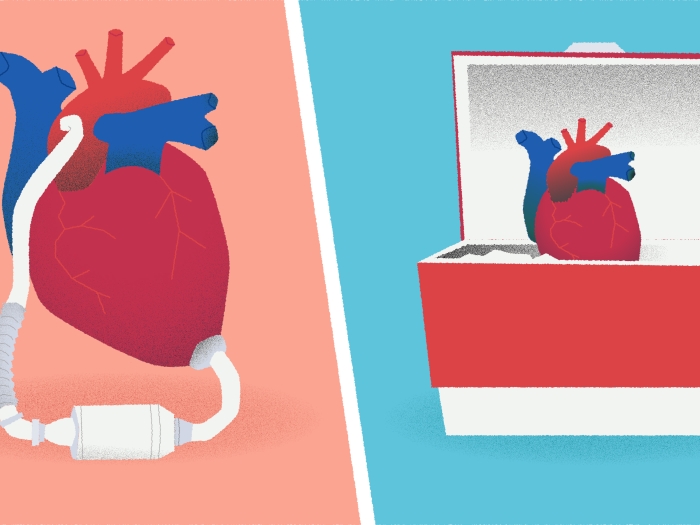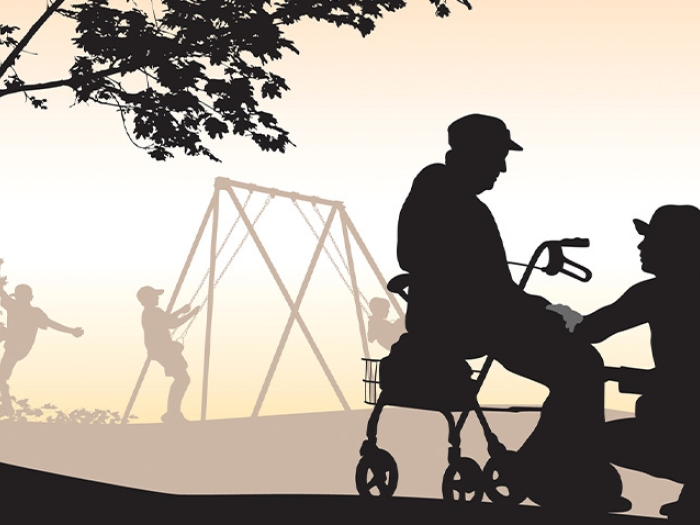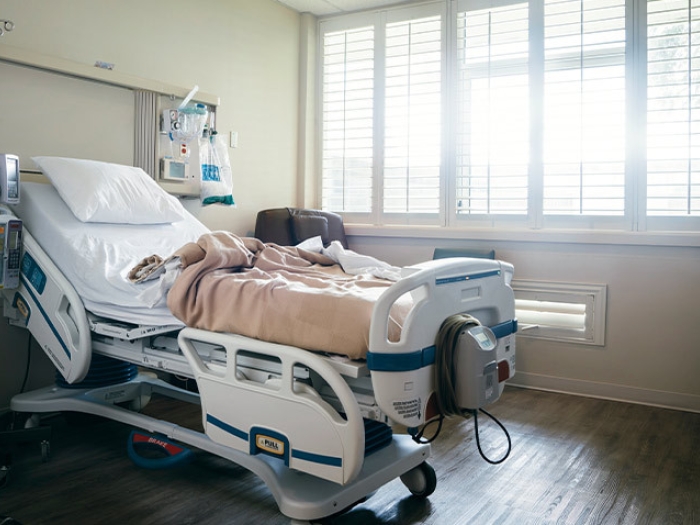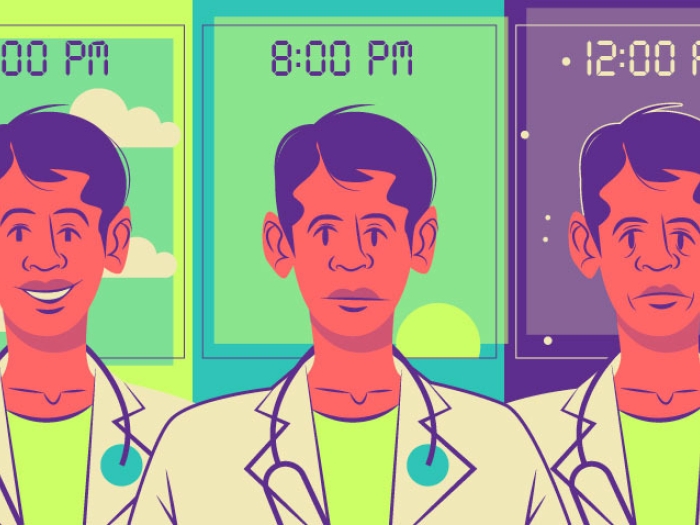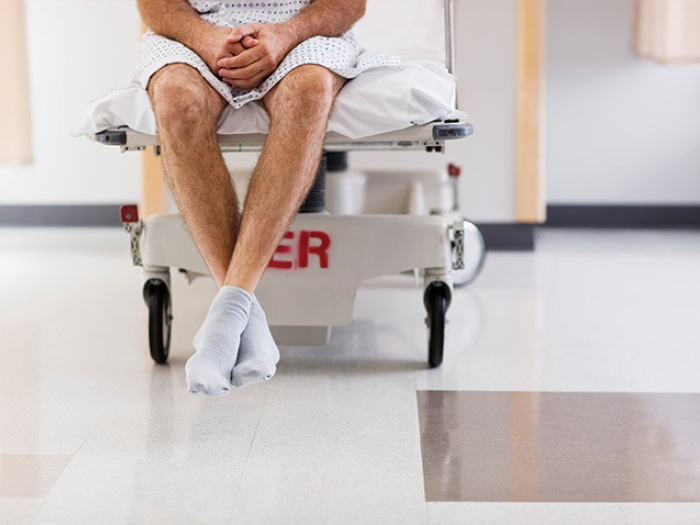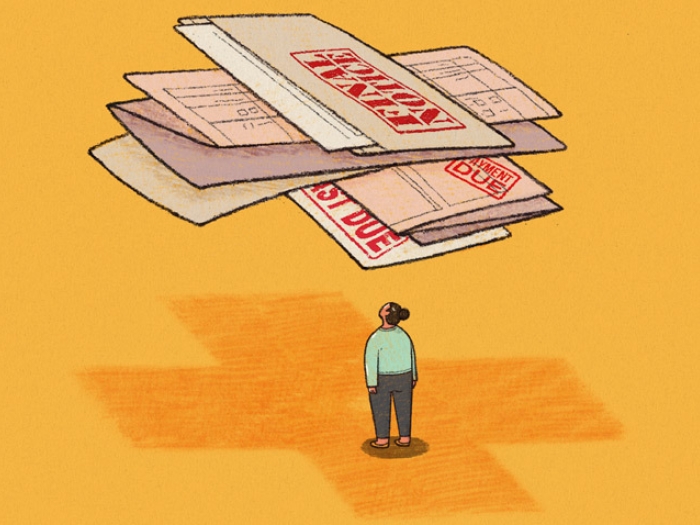People with high-deductible health plans aren’t using health savings account option as intended.
11:02 AM
Author |
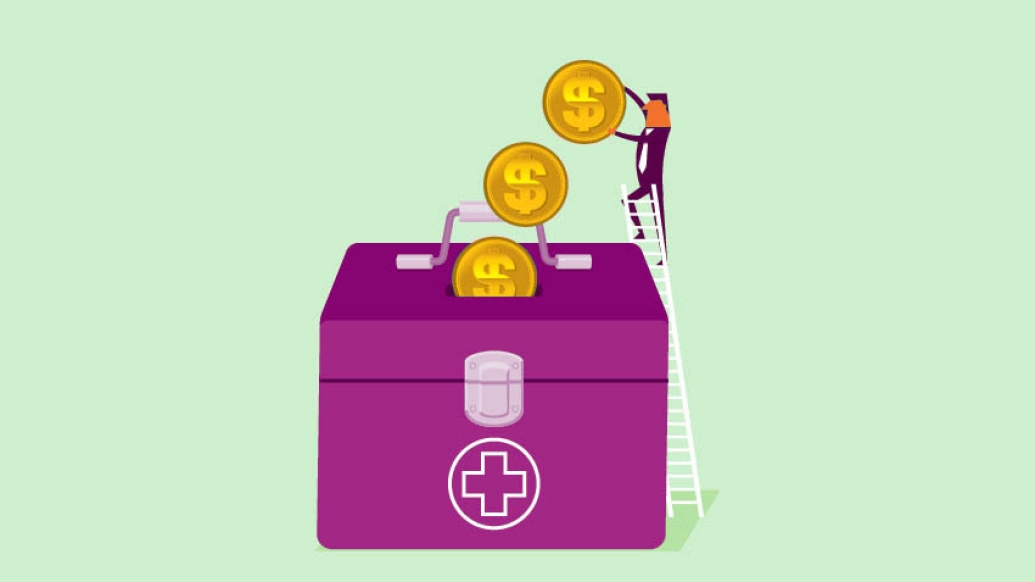
One-third of the people who could benefit from a special type of savings account to cushion the blow of their health plan deductible aren't doing so, according to a new study.
And even among people who do open a health savings account, or HSA, half haven't put any money into it in the past year. This means they may be missing a chance to avoid taxes on money that they can use to pay for their health insurance deductible and other health costs.
The study also finds that those who buy their health insurance themselves, and select a high-deductible plan on an exchange such as www.healthcare.gov, are less likely to open an HSA than those who get their insurance from employers who offer only a high-deductible option.
HSAs are different from the flexible spending accounts that some employers offer. HSAs can only be opened by people in health plans that require them to pay a deductible of $1,400 for an individual or $2,800 for a family before their insurance benefits kick in.
In a new paper in JAMA Network Open, a team led by researchers at the University of Michigan and VA Ann Arbor Healthcare System reports results from a national survey of more than 1,600 participants in high-deductible health plans.
Key findings in a new study on HSAs
They note that half of those who had an HSA and put money into their account in the past year had socked away $2,000 or more. And among those who hadn't put money in, 40% said it was because they already had enough savings to cover their costs.
But those with lower levels of education were much less likely to have opened an has and to have contributed to it even if they did open one. Those with lower levels of understanding of health insurance concepts, called health insurance literacy, were also less likely to put money in their HSA if they had one.
And one-third of those who didn't put money into their HSA said it was because they couldn't afford to save up for health costs.
SEE ALSO: Study: People with High-Deductible Plans Don't Act Like Savvy Shoppers
"These findings are concerning, given that nearly half of Americans with private insurance now have high-deductible plans," says Jeffrey Kullgren, M.D., M.S., MPH, who led the study and has done other research on high-deductible health plans and health care consumerism. "While policymakers have focused on expanding availability and permitted uses of HSAs, and increasing how much money they can hold, work is needed to help eligible enrollees open them and use them to get the care they need at a price they can afford."
Change needed to help people take full advantage of health savings accounts
In the new paper and in a report from the U-M Institute for Healthcare Policy and Innovation, Kullgren and his colleagues call for more efforts to increase uptake of HSAs, and contributions to HSAs, by employers, health insurers and the health systems that provide care and bill insurers for that care. Targeted interventions, especially those aimed at people with lower levels of education or health insurance literacy, should be developed.
The researchers note that as federal and state exchanges prepare to open for 2021 enrollment, expanding the types of exchange plans that are eligible to be linked to an HSA will be important. Currently, just 7% of the plans bought on exchanges are eligible for an HSA, even though many exchange plans come with a high deductible.
The study data come from an online survey of English-speaking adults under age 65; the study population was weighted to include a higher proportion of people with chronic health conditions than the national population.
SEE ALSO: Study: Health Plan Deductibles Hit Patients with Chronic Illness Harder
For the survey, the researchers asked respondents about HSAs using the National Health Interview Survey definition of an HSA as "a special account or fund that can be used to pay for medical expenses" that are "sometimes referred to as Health Savings Accounts (HSAs), Health Reimbursement Accounts (HRAs), Personal Care accounts, Personal Medical funds, or Choice funds, and are different from Flexible Spending Accounts."
In addition to Kullgren, who is an assistant professor of internal medicine at the U-M Medical School and member of IHPI and the VA Center for Clinical Management Research, the study team includes U-M School of Public Health doctoral alumna Elizabeth Q. Cliff, Ph.D.; U-M research team members Christopher Krenz, BA; Brady T. West, Ph.D.; Helen Levy, Ph.D., and Mark Fendrick, M.D.; and Angela Fagerlin, Ph.D. of the University of Utah and Salt Lake City VA. The study was funded by the Robert Wood Johnson Foundation and the Department of Veterans Affairs. Fendrick is a partner in V-BID Health, LLC, which assists employers, health insurers and health systems in designing health care benefits packages.
Paper cited: "Use of Health Savings Accounts Among US Adults Enrolled in High-Deductible Health Plans," JAMA Network Open. DOI: 10.1001/jamanetworkopen.2020.11014

Explore a variety of healthcare news & stories by visiting the Health Lab home page for more articles.

Department of Communication at Michigan Medicine
Want top health & research news weekly? Sign up for Health Lab’s newsletters today!
